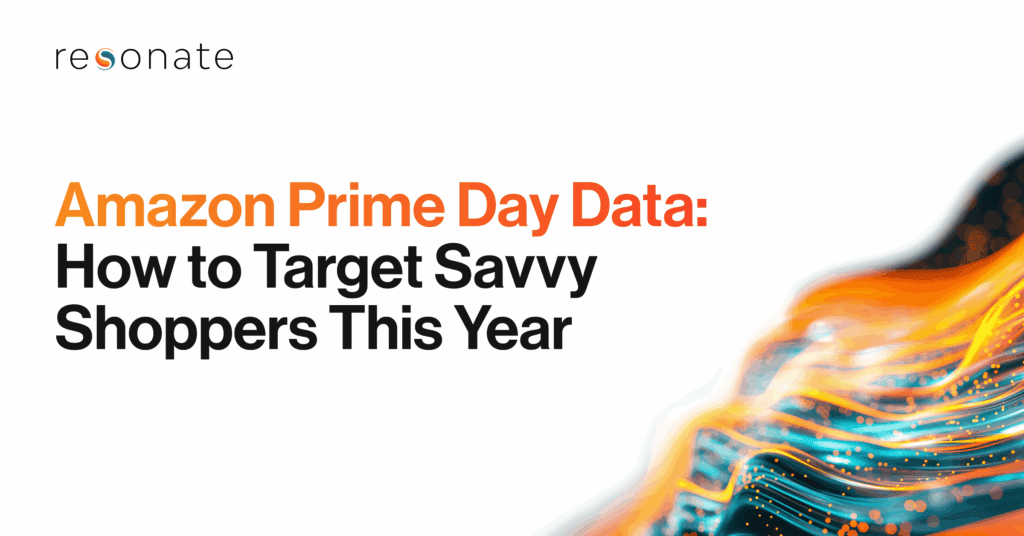Nothing highlights Americans’ simmering rage toward the healthcare industry like the public response to the December 2024 shooting of UnitedHealthcare CEO Brian Thompson in Times Square in broad daylight. Rather than an outpouring of grief, there was instead a wave of vitriol, with people commenting that their “empathy was out of network” and using similar healthcare-industry terms to express their anger over the exorbitant cost of being sick in America.
The new Trump administration is expected to make changes to various aspects of the healthcare industry, albeit in a far less dramatic manner. One of these could be the new PBM Act, a bipartisan piece of legislation recently introduced by Senator Elizabeth Warren (D-Massachusetts) and Senator Josh Hawley (R-Missouri). This bill would require healthcare companies that own pharmacy benefit managers (PBMs) or health insurers to sell these assets within three years. At the same time, a companion bill has been introduced in the House of Representatives.
The PBM Act represents the biggest shakeup for healthcare businesses in years. Consumers and pharmacies alike blame these middlemen for the high cost of prescription drugs. Patients in particular are feeling the burden: Every time prices rise, both pharmacies and insurance companies pass the pain down the line until it reaches the person standing in line at the drugstore waiting to pick up their medication.
In response to high costs, many patients have started actively seeking out health insurance plans that offer comprehensive prescription drug coverage and/or have either lowered the dosage of a medicine or stopped taking it entirely due to the expense. Clearly, they’re impacted significantly enough by the prices to take some action, even if it jeopardizes their health.
Using the Resonate AI-powered data engine, rAI, we looked at the advocacy policies supported or opposed by probable voters in the 2024 election who took one of these actions when it comes to prescription drug prices.
Who Are These Constituents?
First, let’s learn a little more about this audience. Over one-third of them have Medicare, and for 36%, prescription drug coverage is a top priority when it comes to health insurance. They’re 1.3 times more likely to prefer in-person visits to telehealth, believing the former to be more beneficial, and 35% of them regularly see some sort of specialist for a health condition or concern.
For this audience, the pain of rising prescription drug prices isn’t just something they read about happening: 47% say they personally have seen medication costs go up in the last three months.
Despite being impacted by the high costs of prescription drugs, these constituents aren’t uniform when it comes to their support of or opposition to issues associated with rising drug prices. For instance, 24% still support cuts to Medicare, a position traditionally backed by the Republican Party. However, 22% oppose reducing the Medicare budget, and the same percentage also considers repealing the Affordable Care Act (ACA) to be a dealbreaker when it comes to candidates they’ll vote for or policies they’ll support.

Likely in part due to rising costs, more of these constituents are starting to come around to the idea of having the government regulate the healthcare and medical industries. A surprising 15% believe regulation should increase in these fields. This represents a departure from the traditionally American belief in the free market and in doing business free from government interference and represents a new opportunity for groups that support regulation to create a grassroots movement. Almost equally as surprisingly, however, 8% think healthcare and medical regulation should decrease.

The fractured views of this audience are representative of the larger picture of Americans as a whole: a big group of people who can agree that they’re concerned about an issue but that have different ideas about what the problem really is or how to fix it. This audience of constituents can agree they’re concerned about healthcare, but the only thing they agree on is that they have concerns. Asking them about specific measures like repealing Obamacare or cutting Medicare distills them down into smaller groups.
To target people who are concerned about healthcare and who prioritize rising prescription drug prices, you need very precise data. Only Resonate has hyper-specific, continuously updated data that empowers you to drill down into the nuances of differentiated groups of people. When it comes to success in the world of politics and advocacy, smart targeting is the winning strategy. Reach out today to see the Resonate difference for yourself.



